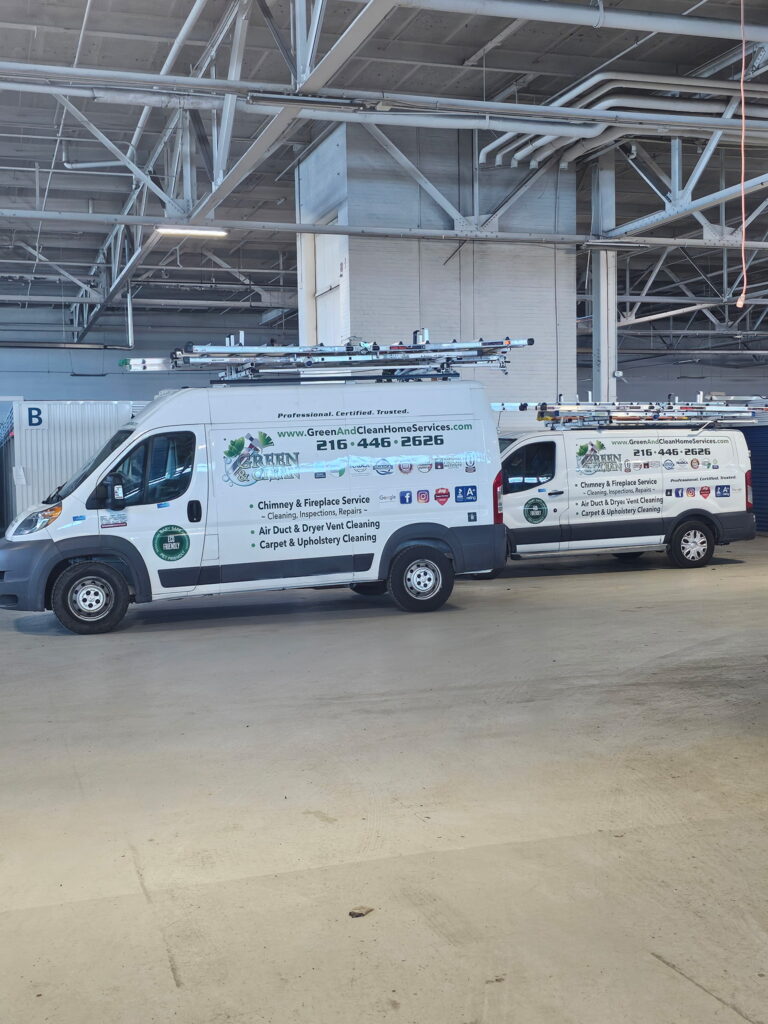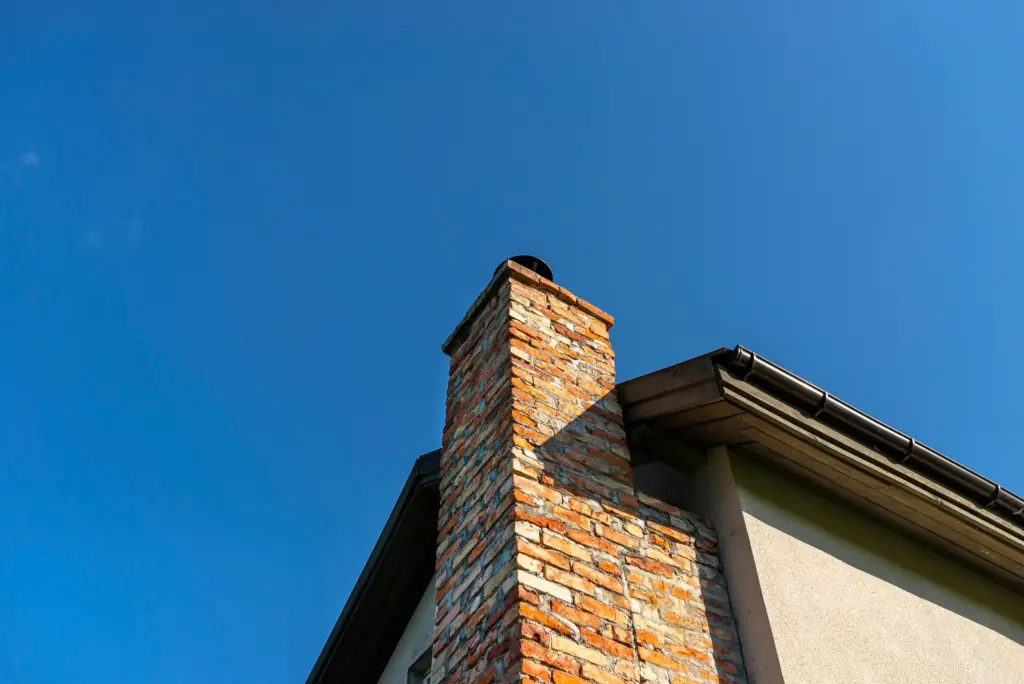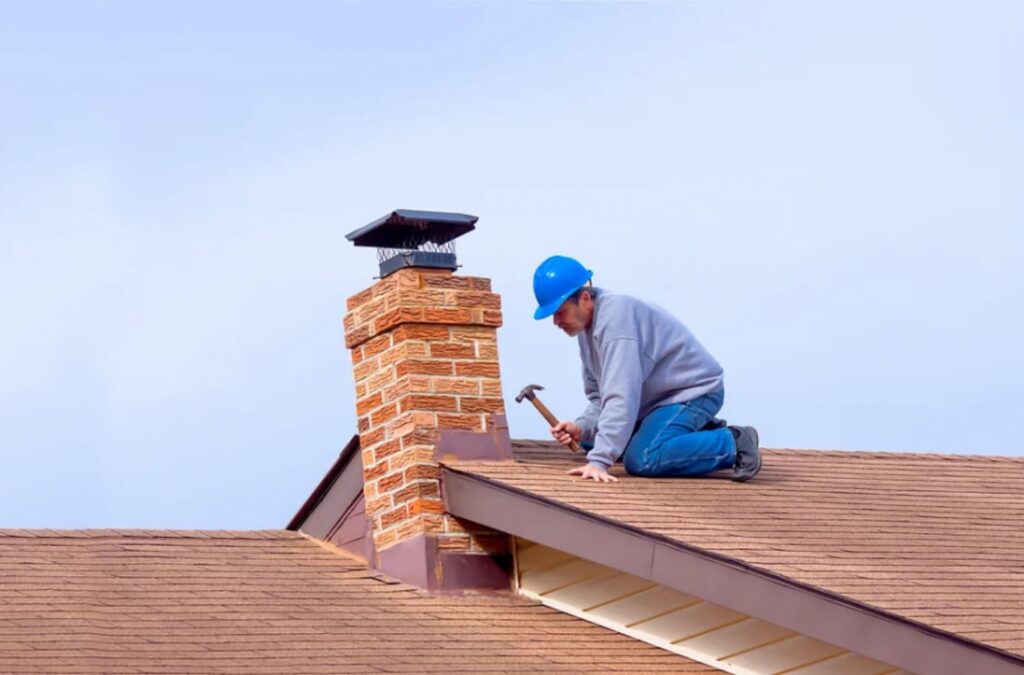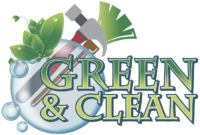Air ducts are essential for circulating heated or cooled air throughout a home or building. Over time, dust, allergens, and moisture can lead to microbial growth inside HVAC systems. Many homeowners wonder if disinfecting air ducts is a safe and effective way to improve indoor air quality—but in the United States, it is illegal to disinfect the inside of air ducts themselves. Let’s explore what is allowed, what is not, and how you can maintain a healthy HVAC system within the limits of federal regulations.

Why “Disinfecting Air Ducts” Is a Misunderstood Concept
The term “air duct disinfection” often gets misused in marketing. According to the U.S. Environmental Protection Agency (EPA), no antimicrobial products are currently registered for use inside lined or unlined fiberglass ductwork. Spraying disinfectants or sanitizers directly into the duct system can damage materials, compromise air quality, and violate federal law.
That said, there are legal and effective ways to clean parts of the HVAC system, including the blower motor, evaporator coil, and accessible components—places where moisture and microbial buildup are most likely to occur.
When Is HVAC Component Sanitization Recommended?
Sanitizing HVAC components (not the duct interiors) may be appropriate when:
- There’s visible mold growth on the coil or blower motor
- Persistent odors come from supply vents, even after filter changes
- Moisture issues or past water damage may have allowed microbial growth inside the air handler
- Respiratory issues or allergies worsen when the system is running
In these cases, a licensed HVAC professional can inspect and clean the internal components legally and safely.

What Parts Can Be Sanitized?
Within EPA and CDC guidelines, you may sanitize the following:
- Evaporator Coil: Moisture collects here, often promoting mold or bacterial growth. EPA-registered disinfectants can be used directly on the coil.
- Blower Motor & Housing: Dust and microbial debris can accumulate here, and targeted cleaning with safe agents is allowed.
- Drain Pans: Standing water in drain pans can grow biofilms; sanitizing them helps prevent odors and contamination.
- Vent Covers & Grilles: These can be wiped down with a disinfectant or a vinegar-water solution.
Do not apply disinfectants to the interior of ductwork unless the ducts are made of bare sheet metal and the product explicitly states it is EPA-approved for that use.
What You Can Do at Home to Maintain Cleaner Air
While disinfection of the ducts themselves isn’t legal, you can still take smart steps to improve air quality and reduce contamination:
- Vacuum vent covers and registers regularly
- Replace air filters every 2–3 months, using high-efficiency filters when possible
- Keep humidity levels in check (ideally between 30–50%) to discourage mold
- Use portable air purifiers or HVAC UV lights that are safely installed and maintained
- Schedule professional inspections and cleanings, especially if your system is older or has a history of moisture issues

Professional HVAC Cleaning vs. Disinfection
A licensed HVAC professional can perform a legal, thorough cleaning of your system—removing dust, allergens, and microbial buildup from components like the coil and blower motor. While it’s not legal to spray disinfectant through your duct system, cleaning these critical parts goes a long way in preventing contaminants from circulating through your home.
Companies like Green & Clean Home Services offer EPA-compliant air duct cleaning, blower motor and coil sanitation, and system inspections to help homeowners maintain clean, safe, and efficient air circulation.
Final Word: Focus on Legal, Effective HVAC Hygiene
So, can you disinfect air ducts? Not exactly. Federal regulations prohibit disinfecting the inside of air ducts, but you can sanitize parts of the HVAC system like the blower motor and coil, which are more likely to harbor moisture and microbial buildup anyway.
Staying within EPA guidelines ensures the safety of your system, your indoor air, and your family. For deep cleaning, targeted component disinfection, and system evaluation, trust experienced professionals who follow the law and prioritize your health.


